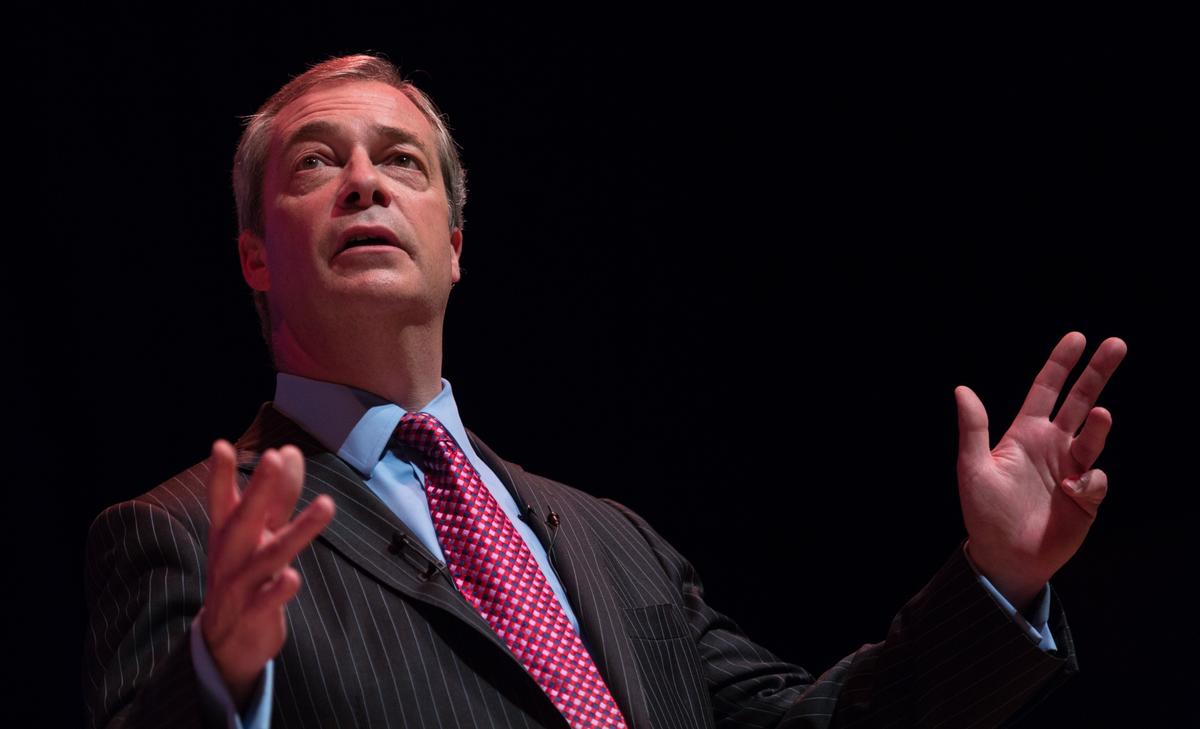BIRMINGHAM, England—Former Prime Minister Tony Blair is controversially wading back into frontline British politics, 20 years after he claimed power for the Labour Party.
Blair believes Labour has been captured by the far left and that only a centrist movement can hold back the political tide behind Brexit, the United Kingdom’s exit from the European Union.
Blair’s intervention, one month before a general election, underscores how Brexit has turned British politics upside down.
“This Brexit thing has given me a direct motivation to get more involved in the politics,” he said, in an interview with The Mirror newspaper on April 30. “You need to get your hands dirty, and I will.”
On May 7, polls on voter intentions saw the Labour Party preferred by 28 percent of potential voters while the Conservative Party was the choice of 47 percent.
The former prime minister has not put himself forward as a candidate, but rather is positioning himself as a linchpin of a broader centrist movement pushing for change beyond the election.
Some commentators suggest Blair could wield influence in similar way to Nigel Farage, the former leader of the U.K. Independence Party (UKIP). Farage has never been a member of Parliament, and UKIP held only one seat in Parliament, yet its popularity forced the government to hold the referendum that led to Brexit.






